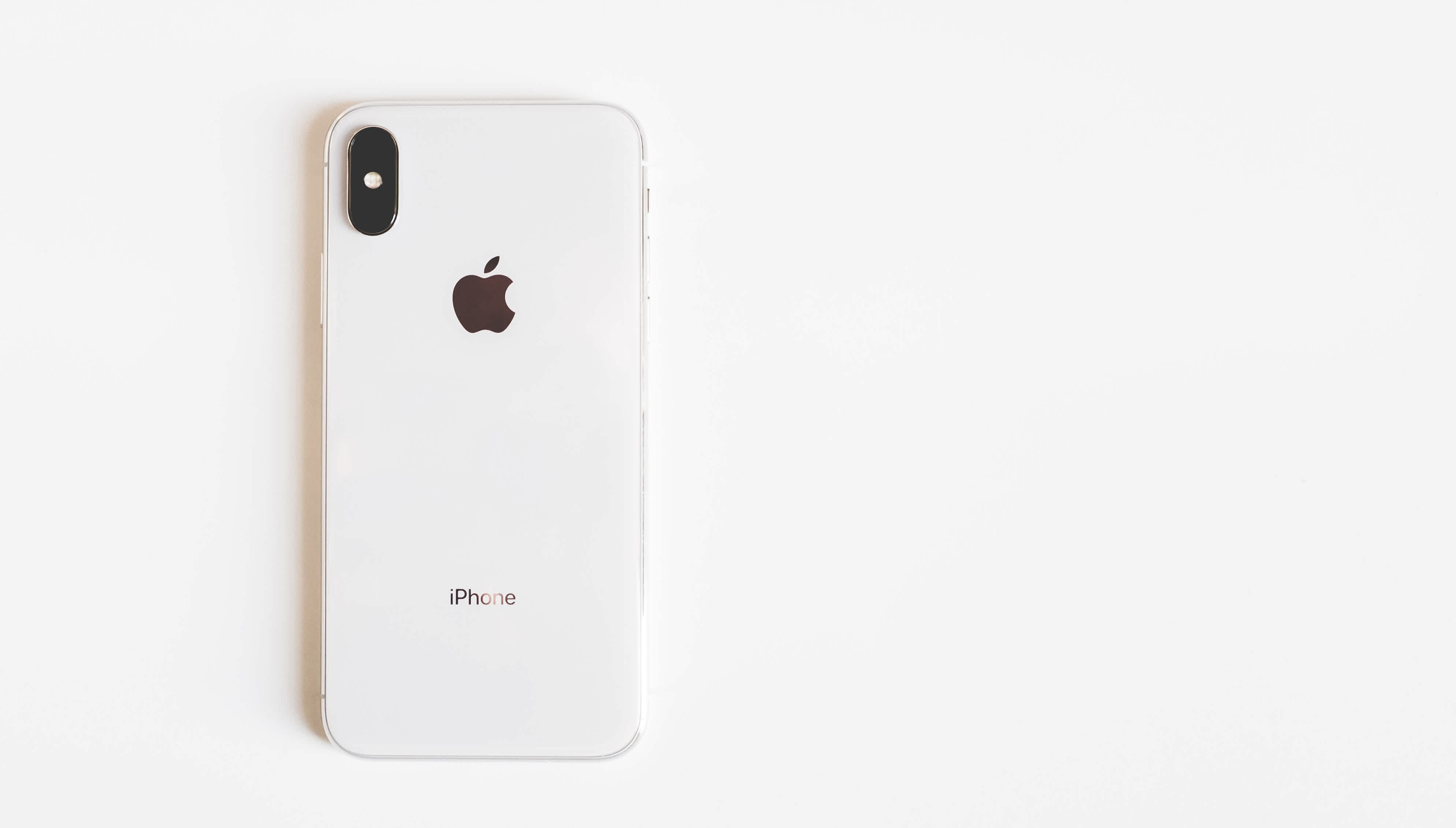Investing apps aren’t new, but have gone mainstream during COVID-19, especially among young investors. Free stock trading apps make the market accessible at any time, from anywhere in the world, and allow users to buy and sell stocks at a smaller scale, making it possible for those without a lot of capital to get involved. Robinhood, one of the more popular apps, says their mission is to “democratize finance for all.”
Angel Chavez discovered Robinhood in 2018 through YouTube videos. The podcaster and vlogger from California had never learned about personal finance growing up, and had never invested before.
Intrigued by Robinhood’s fee-free structure and user-friendly interface, Chavez downloaded the app and sold his Funko Pop collection to make his first trade, at $50. Within a few months, he was day trading, known as buying and selling stocks within a single trading day.
This controversial form of trading requires immense knowledge of the market and the flexibility to act quickly. Stories of people making a living off day trading have created a vision of day trading as a “get rich quick” scheme.
“Everyone tells you not to day trade, but the app makes it feel like a game. It’s easy to get sucked in,” he said. “Everyone else was doing it.”
How investing has changed
Over the course of the COVID-19 pandemic, Americans took a greater interest in their investments, doing their own research online and downloading trading apps. One in five Americans are now investing in the stock market, up from 2020.
“It’s about reducing those barriers, like access and cost, that gets people involved,” said Dan Egan, vice president of behavioral finance and investing at Betterment, a robo-advisor company. “There’s now a different app depending on your different needs. They really help you start thinking about your financial picture.”
“We’ve seen a real shift,” added Brian Walsh, manager of financial planning at SoFi, a mobile-based personal finance company. “Part of it is the pandemic forcing everything to be online, but a big part of it is this secular shift, that everything you do is in the palm of your hand.”
In early 2021, Chavez tried to cash in on GameStop after learning about it on social media. But, he found that Robinhood kept crashing due to high volume and his trades wouldn’t go through. It wasn’t until days later that he discovered the app had restricted trading. Chavez felt like Robinhood was being “shady” and disenfranchising users.
“Robinhood, which had the same name as the famous bandit who stole from the rich and gave to the poor, just did the opposite and protected the big dogs,” he said. “The app kept saying they were doing it to protect our best interests, but the whole time they were lying.”
The Securities and Exchange Commission, which regulates investing, brought charges against Robinhood in December for misleading users on how the app makes money. Robinhood agreed to pay $65 million to settle the charges while admitting no wrongdoing. The company did not respond to our requests for comment.
Chavez decided to move his money somewhere else, eventually selecting SoFi. He said he likes the “all-in-one” aspect of the app. He said he’s able to check his cryptocurrency, credit card, checking, and other investments all on the SoFi app.
“I have a much longer term approach to investing now,” he said. “I’m working on trying to build a portfolio. I’m working towards money goals, like I want to buy a house sometime this year.”
Navigating an app-filled world (without losing your money)
Many apps follow a similar design and model, using colorful interfaces and animations to make investing feel fun. These ‘gamified’ apps feel more like social media apps and less like a place you can invest — and potentially lose — your money. In fact, there’s a new stock trading app that allows you to chat with friends and create group chats.
“Investing apps want you to waste as much time as possible on them,” William Yu, an economist at UCLA Anderson Forecast, said. “They’re addicting. They’re made for convenience and to get their users to trade as much as possible.”
The recent rise in meme stocks in early 2021 brought many people to apps for the first time. One survey found that 28% of Americans bought viral stock in January 2021. Reddit’s WallStreetBets community encouraged thousands of users to invest in certain viral stocks like AMC or GameStop in what’s called a “herding event,” when investors follow the crowd and drive up the price of a stock, leading to a short-term gain followed by a very steep loss.
“Apps like Robinhood promote short-term investing and transactional trading,” said Yu. “And typically the economy doesn’t support this type of investing. You’re not going to make a long-term profit.”
That volatility — and loss — is what drove many investors from investing apps.
Investing with the future in mind
Investing apps may make it easier for anyone to get involved in the stock market, but it’s important to understand how they trade on your behalf — and the risks involved. It’s easy to get caught up in the hype, especially when you can buy a stock with just a click of a button. But, many of these short-term plays come with high amounts of risk. Here are a few tips when it comes to investing:
Do your research. And no, we don’t mean on TikTok. Read up on information about a given investing app on a reputable financial publication or ask an investment advisor. Has this app been in the news recently? Pay attention to how the app charges you and any other associated costs.
Diversification first. A diversified portfolio makes it possible to risk some of your money without ruining your finances.
Ask the Expert. Doing it yourself may sound fun, but there’s a reason most investing is left to the experts. Reach out to a certified financial planner or investment advisor to create an investing plan that works for you.


